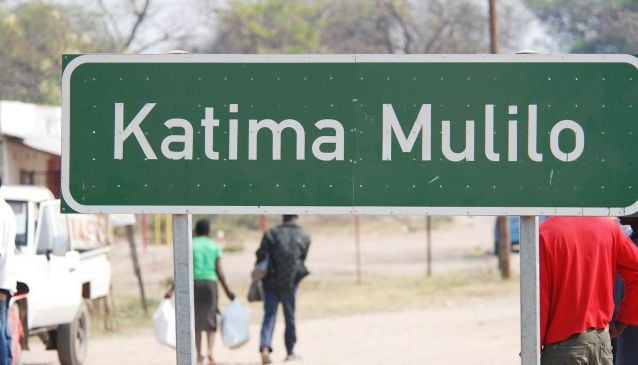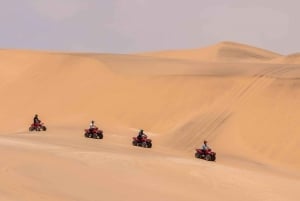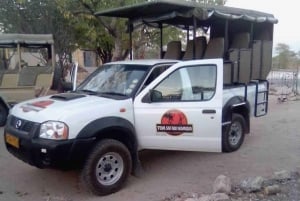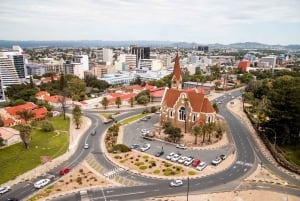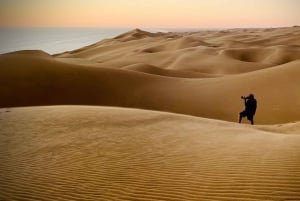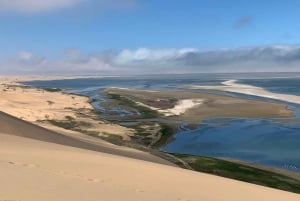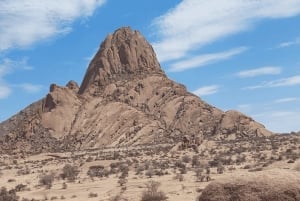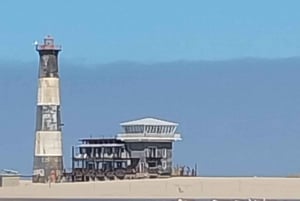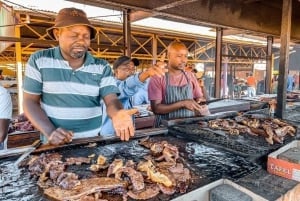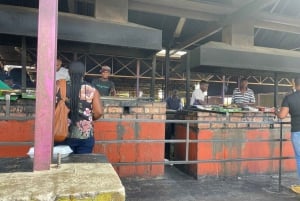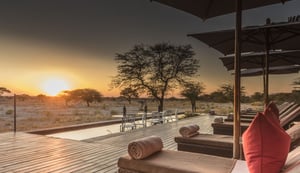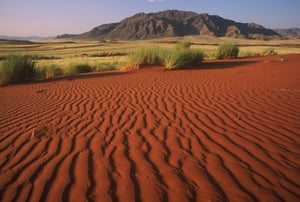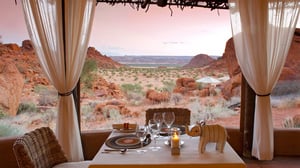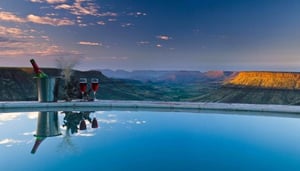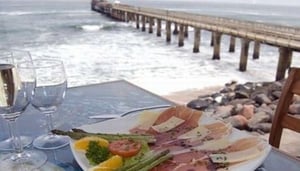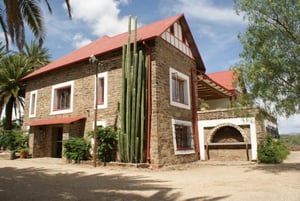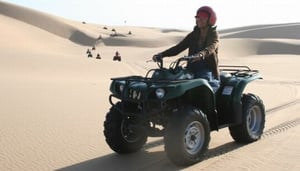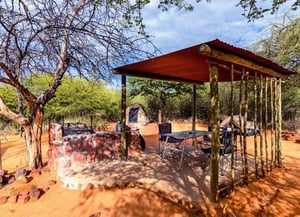Katima Mulilo
Katima Mulilo: Namibia’s Hidden Gem on the Zambezi River
Book Top Experiences and Tours in Namibia:
If youʻre booking your trip to Namibia last minute, we have you covered. Below are some of the top tours and experiences!- Swakopmund: Desert Dunes Quad Biking with Optional Sandboard
- Etosha National Park: Full or Half-Day Game Drive
- Windhoek: City and Township Tour
- Walvis Bay: Sandwich Harbour Sunset Tour
- Namibia; Classic Sandwich Harbour Tour
A Brief History of Katima Mulilo
The name Katima Mulilo, meaning "to quench the fire" in the local Lozi language, is believed to have originated from early settlers who used the river’s water to extinguish their cooking fires. The town played a key role during the South African Border War, serving as a military base due to its strategic position near Angola, Zambia, Zimbabwe, and Botswana.
Today, Katima Mulilo is a bustling commercial hub, connecting Namibia to the rest of Southern Africa through the Trans-Caprivi Highway and the Katima Mulilo Bridge, which links Namibia to Zambia.
Top Attractions in Katima Mulilo
1. Zambezi River
The Zambezi River is the lifeblood of Katima Mulilo, providing stunning scenery and a variety of water-based activities. Visitors can enjoy sunset cruises, fishing excursions, and hippo and crocodile spotting along the riverbanks.
2. Caprivi Art Centre
For those interested in local culture, the Caprivi Art Centre showcases traditional crafts, beadwork, and woven baskets made by local artisans. This is a great place to purchase authentic Namibian souvenirs while supporting local communities.
3. Impalila Island
Located at the meeting point of four countries (Namibia, Botswana, Zambia, and Zimbabwe), Impalila Island is a fascinating destination where visitors can experience stunning river views, interact with the local Subia people, and enjoy a relaxing stay in remote lodges.
4. Bwabwata National Park
A short drive from Katima Mulilo, Bwabwata National Park is a haven for wildlife enthusiasts. The park is home to elephants, buffalo, hippos, and big cats, making it a fantastic alternative to the more well-known Etosha National Park.
5. Kalimbeza National Park
This wetland conservation area is ideal for birdwatchers, offering sightings of African fish eagles, kingfishers, and rare waterbirds. The park is also home to Kalimbeza rice fields, an important agricultural project in the region.
Outdoor and Adventure Activities
- Fishing: Katima Mulilo is a prime destination for tiger fishing, attracting anglers from across the world.
- Birdwatching: The region’s lush environment hosts over 450 bird species, making it a paradise for birdwatchers.
- Canoeing and Boat Safaris: Exploring the Zambezi by boat allows visitors to see wildlife up close while enjoying the tranquility of the river.
- Camping: Several riverside lodges and campsites provide breathtaking views and a peaceful retreat in nature.
Katima Mulilo is a melting pot of cultures, with influences from the Lozi, Subia, and Mafwe ethnic groups. The local markets, such as the Katima Mulilo Open Market, offer an authentic experience where visitors can buy fresh produce, traditional foods, and handcrafted goods. Popular dishes include freshwater fish, mahangu porridge, and kapenta (small dried fish).
Climate and Best Time to Visit
Katima Mulilo has a subtropical climate, with warm summers and mild winters. The best time to visit is during the dry season (May to October), when wildlife viewing is at its best, and temperatures are more comfortable.
Getting to Katima Mulilo
- By Air: The Katima Mulilo Airport (MPA) offers domestic flights, mainly from Windhoek.
- By Road: The town is accessible via the Trans-Caprivi Highway, making it a key stop for travelers heading to Zambia, Botswana, or Zimbabwe.
- By Boat: Some tours and lodges offer boat transfers along the Zambezi River for a scenic arrival experience.
Why Visit Katima Mulilo?
Katima Mulilo is a hidden gem in Namibia, offering a mix of wildlife, cultural diversity, and river adventures. Whether you're looking for a relaxing getaway on the Zambezi, an exciting safari experience, or an authentic cultural immersion, Katima Mulilo is a must-visit destination for travelers exploring Namibia’s lush northeastern corner.


